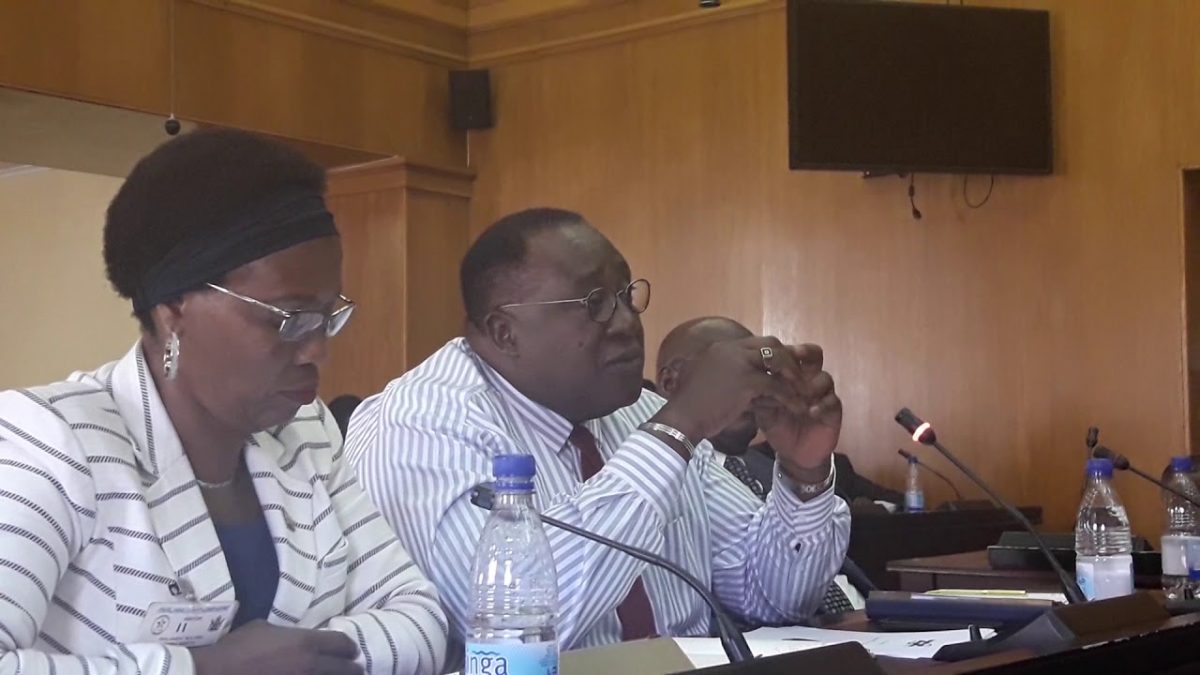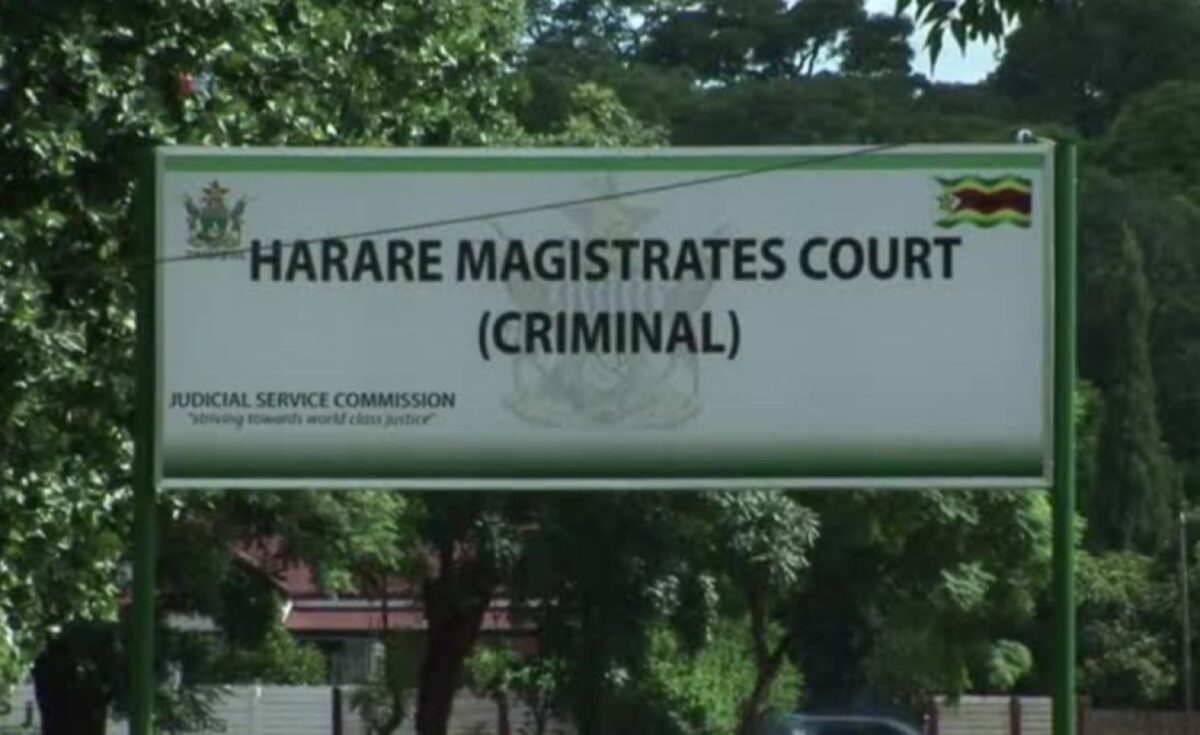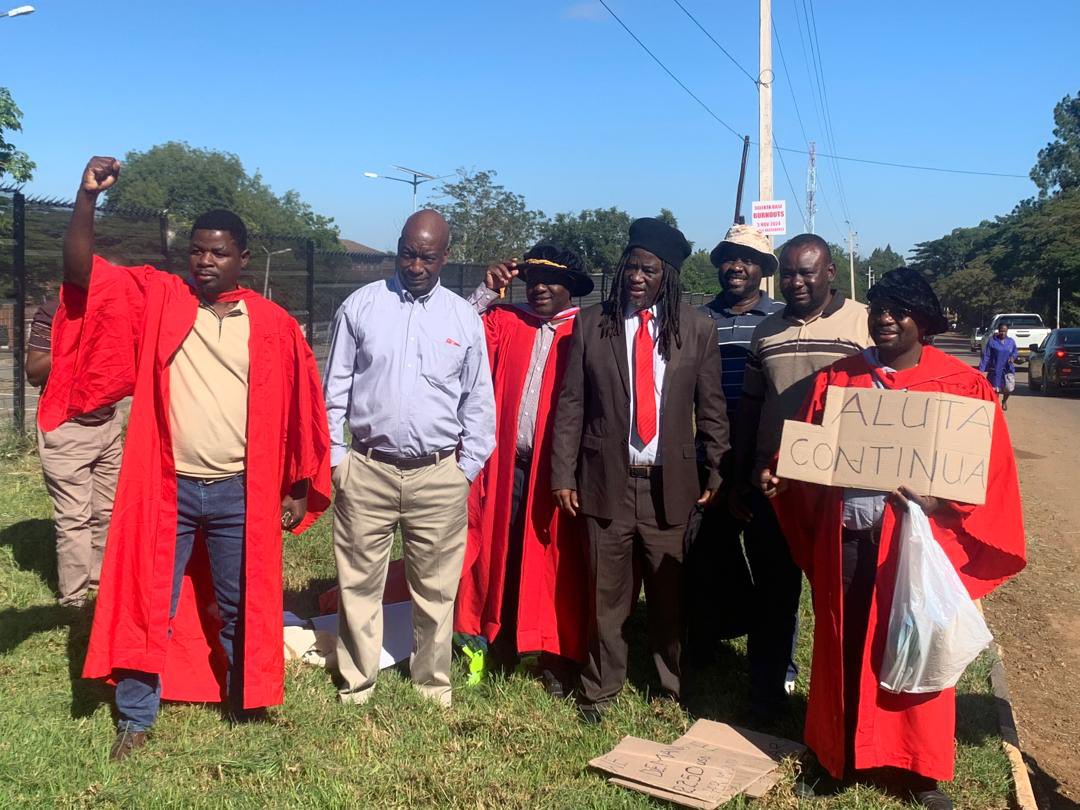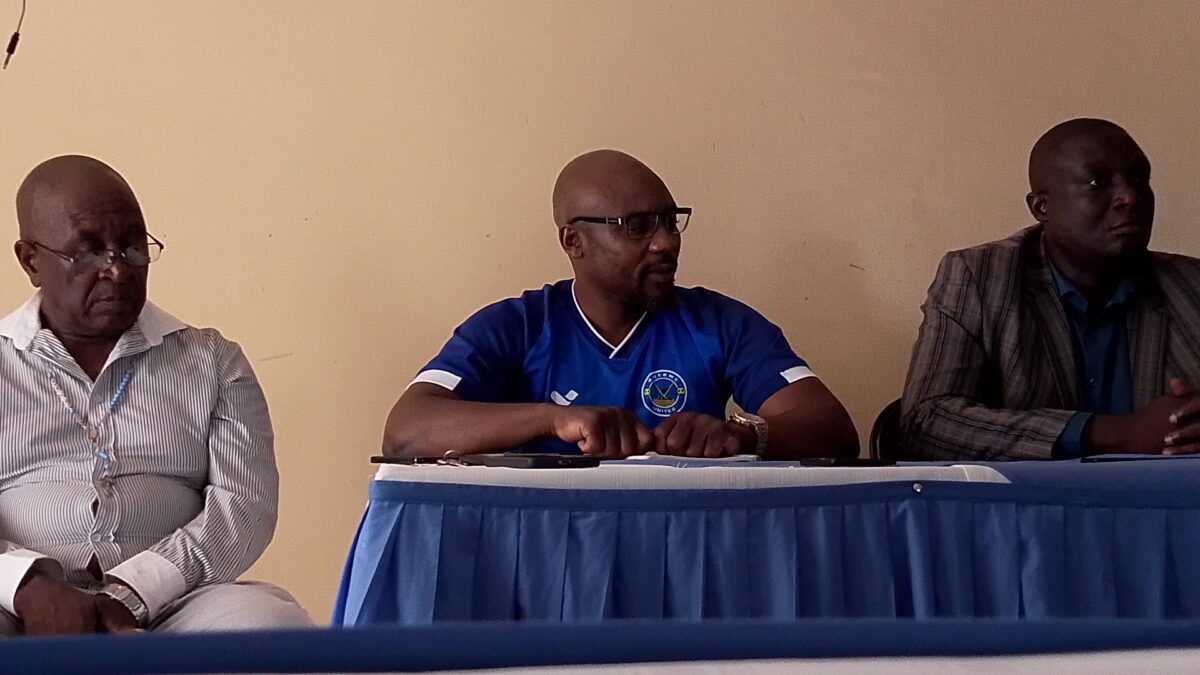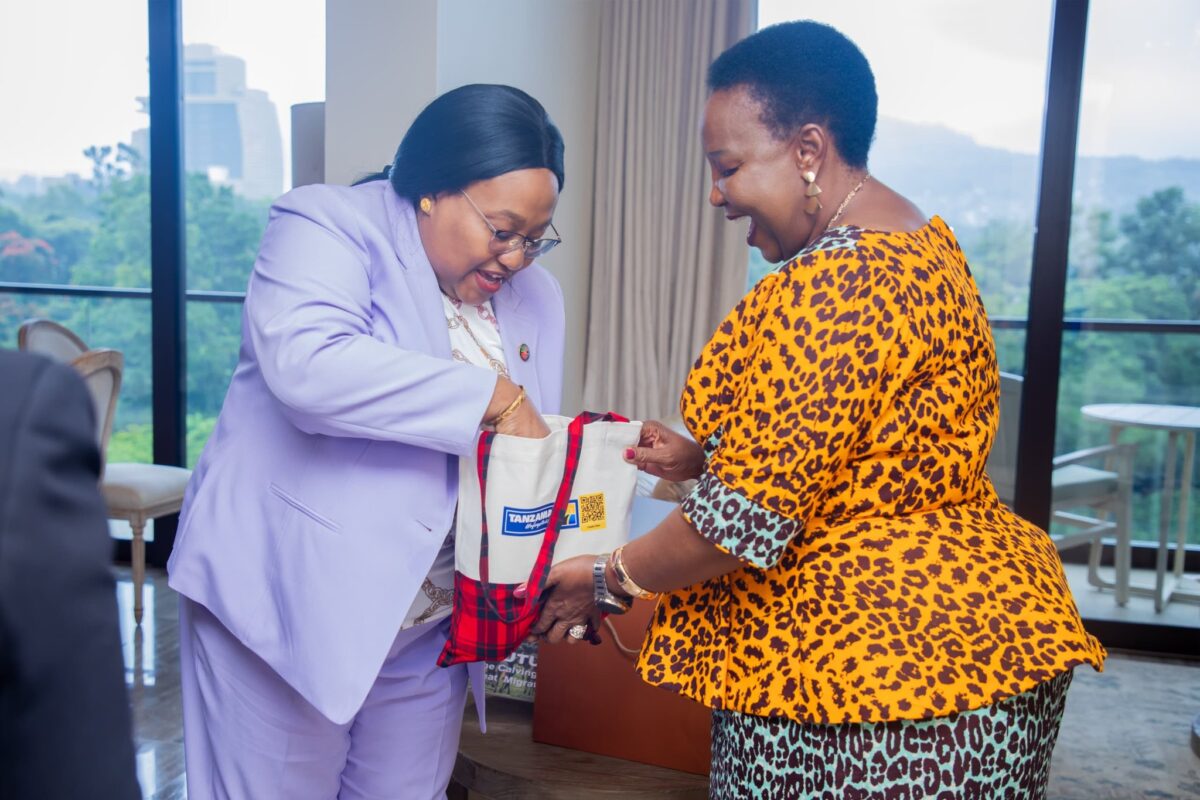HARARE – Former ZESA CEO Joshua Chifamba was acquitted of criminal abuse of duty as a public officer by the High Court on Wednesday after two judges said the charges preferred against him were incompetent.
Chifamba applied to the High Court for a review after Harare magistrate Francis Mapfumo put him, former energy minister Elton Mangoma and former ZESA Enterprises CEO Tererai Luis Mutasa to their defence at the end of the prosecution case.
Inexplicably, the High Court found, Mapfumo had correctly ruled that prosecutors had failed to make a case against the trio because ZESA – which had allegedly improperly awarded a tender to supply switchgear to Techpro Company of South Korea without going to tender – was not a procuring entity to which provisions of the Procurement Act and Regulations apply.
Justices Benjamin Chikowero and Pisirayi Kwenda blasted the magistrate for initiating his own charge – that of criminal abuse of duty as a public officer relating to an apparent failure by the ZESA bosses to seek written approval of the finance minister in line section 48(3) of the Public Finance Management Act before entering into the partnership.
In a judgement made available on Wednesday, Justice Chikowero said: “By putting applicant to his defence to explain how the partnership agreement had been entered into between ZESA Enterprises and Techpro Company of South Korea without the written approval of treasury (finance minister), the trial magistrate had taken over the function of the state (prosecution). Even the state could not competently perform that function at that stage.
“The trial magistrate had come up, without realising it, with a new charge of criminal abuse of duty as a public officer. Applicant had not pleaded to this new charge. The state had not preferred such a charge against the applicant. No state outline was on record to speak to such a charge. There was no defence outline relating thereto. The state case had not been presented and fought on that basis.
“In short, instead of the breach of duty being entering into the partnership agreement without going to tender, the fresh charge which took the form of the magistrate’s ruling was entering into the partnership agreement without treasury approval. If that is not proven gross irregularity vitiating the proceedings and giving rise to a miscarriage of justice which cannot be redressed by other means, then one might as well discard that test.
“At the beerhall, this is what imbibers would refer to as ‘muzukuru wachinja cup’ – the utterance simply flags a fellow imbiber for having shifted goalposts.”
Justice Kwenda, quoting from the judgement of Justice Nicholas Mathonsi in the matter of Isaura Masinga, said: “Mathonsi J expressed his frustration as follows: ‘Just what was the magistrate in this matter thinking, was she even thinking?’ We are confronted by the same situation in the matter before us. Whoever prepared the charge ought to have realised that it was unsupportable by the evidence contained in the docket.
“The charge preferred against the applicant and his co-accused was that they had unlawfully and corruptly connived to act contrary to their duties as pubic officers by engaging Techpro Company… without going through mandatory tender procedures thus showing favour to Techpro Company of South Korea.
“Surprisingly, at the trial, the trial prosecutor led uncontroverted evidence to the effect that: accused 2 (Mangoma) was not a public officer and ZESA Enterprises (Pvt) Ltd was not listed in the schedule to section 34 of the Procurement Regulations as a procuring entity. It did not need to go to tender in the process of identifying a partner or before concluding a partnership agreement with the selected partner Techpro…
“How a prosecutor would prefer a charge which he knows would not be sustained by the state’s evidence boggles the mind. Just what was he thinking or was he thinking at all?”
Justice Kwenda said Chifamba had a “real problem” if he had faced the charge that the trial magistrate attempted to introduce, but in the end he has “gotten away on a technicality arising from the fact that the charge preferred and the state evidence are at variance.”
“There is need to be thorough in preparing charges to make sure that there is harmony between the preferred charge and state evidence in the docket,” Justice Kwenda added.
Justice Chikowero, delivering the final verdict, ruled: “The decision of the first respondent (Mapfumo) dismissing the applicant’s application for discharge at the close of the state case under case number ACC 24/19 be and is hereby set aside. It is substituted with the following: (i) the application for discharge is granted, (ii) accused 3 (Chifamba) is found not guilty and is acquitted.”
Advocate Thabani Mpofu appeared for Chifamba.
Chifamba left ZESA in February 2019 after the board decided not to renew his second term contract.
Chifamba, Mangoma and Mutasa had been arrested a month earlier by the Zimbabwe Anti-Corruption Commission which has struggled to secure convictions for its high-profile cases.

